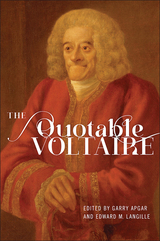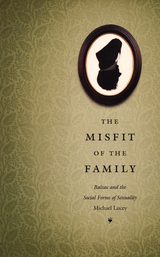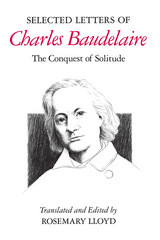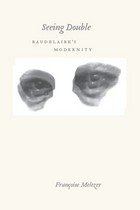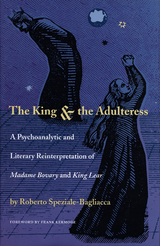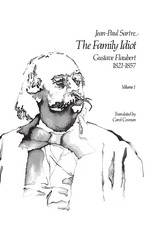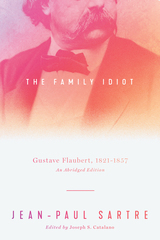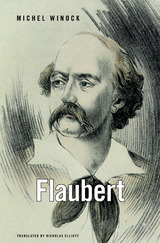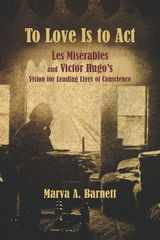Searching for Emma: Gustave Flaubert and Madame Bovary
University of Chicago Press, 1997
Paper: 978-0-226-50432-2 | Cloth: 978-0-226-50430-8
Library of Congress Classification PQ2246.M3M3713 1998
Dewey Decimal Classification 843.8
Paper: 978-0-226-50432-2 | Cloth: 978-0-226-50430-8
Library of Congress Classification PQ2246.M3M3713 1998
Dewey Decimal Classification 843.8
ABOUT THIS BOOK
ABOUT THIS BOOK
Although many writers blend autobiography and fiction, few have been so forthright in admitting it as Gustave Flaubert. In reference to his legendary novel and protagonist, he wrote: "Madame Bovary, c'est moi." Madame Bovary has become an icon for casual readers and feminists alike, but, as Dacia Maraini argues, she is one of the most problematic, though fascinating, female protagonists in modern literature. In this lively, learned, and very personal study, Maraini explores the profound and contradictory relationship between the writer Flaubert and the character his readers have grown to love.
Maraini argues that in their desire to claim Emma Bovary as a standard-bearer of revolt, women have often overlooked the bitter, pitiless way in which Flaubert evokes Emma's insignificance and vulgarity. Searching for Emma guides the reader through Flaubert's novel and many of his letters, seeking out the sources of his obsessive cruelty toward Emma. Maraini relates Flaubert's contempt for Emma to his relationship with his mistress, Louise Colet, to his general terror of women, and to his own self-loathing. It was entirely in spite of himself, Maraini writes, that Flaubert created the female Don Quixote so admired for her restlessness and determination.
Searching for Emma offers a novelist's insight into the complex relationship between author and character, and into the deepest motivations of fiction.
Maraini argues that in their desire to claim Emma Bovary as a standard-bearer of revolt, women have often overlooked the bitter, pitiless way in which Flaubert evokes Emma's insignificance and vulgarity. Searching for Emma guides the reader through Flaubert's novel and many of his letters, seeking out the sources of his obsessive cruelty toward Emma. Maraini relates Flaubert's contempt for Emma to his relationship with his mistress, Louise Colet, to his general terror of women, and to his own self-loathing. It was entirely in spite of himself, Maraini writes, that Flaubert created the female Don Quixote so admired for her restlessness and determination.
Searching for Emma offers a novelist's insight into the complex relationship between author and character, and into the deepest motivations of fiction.
See other books on: 1821-1880 | Characters | Characters and characteristics in literature | Flaubert, Gustave | Gustave Flaubert
See other titles from University of Chicago Press


